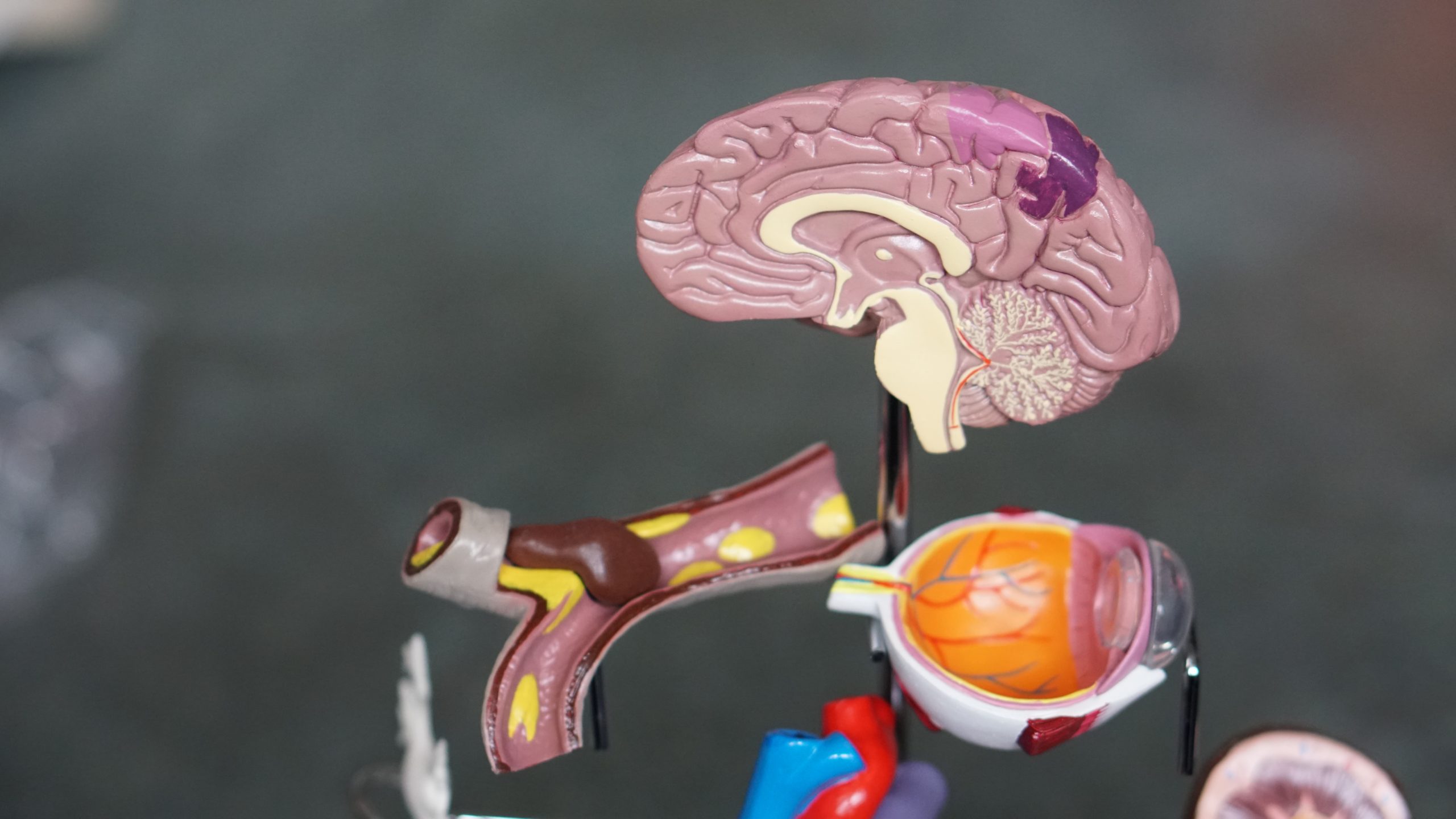Uses of beets (Beta vulgaris) and molasses (Saccharum officinarum)
June 12, 2022

Advances in organ transplant care and control of graft rejection have significantly advanced. However, malnutrition is an applicable element whilst figuring out the development of hepatic disease, because it contributes to hypoalbuminemia and intensifies the hydro-electrolytic imbalance decided through renal alterations.
Protein electricity malnutrition (PEM) is a not unusual hassle in sufferers with end-level liver disease (ESLD) waiting for organ transplant. Malnutrition can arise unexpectedly within the absence of NS, and can have an extreme and bad effect on mortality and morbidity , with continual severe long time effects, and consequently warrants attention.
A dietary intervention is suitable in HSCT sufferers who’re malnourished, or anticipated to have a discounted consumption or decreased absorption of vitamins for an extended duration of time, or have evolved mild or extreme GvHD observed through a discounted oral consumption and/or tremendous malabsorption .
Body mobile mass (BCM) is described because the sum of intracellular water and fats-loose mass, together with skeletal muscle and viscera, without bone mineral mass.
Nutrition guide
Macronutrients
Macronutrients incorporate a pivotal factor of nutrients hints. Here we in short discover every macronutrient with post-transplant headaches and comorbidity prevention in mind.
Fat
Mechanisms of electricity garage and usage hyperlink loose fatty acids (FFAs) to insulin resistance (IR) through diverse mobile signaling pathways which might be regulated through insulin. Weight gain, specially visceral fats gain, elevates FFA awareness and complements insulin resistance through inhibiting insulin receptors at the cell membrane.
Protein
Dietary tips for protein consumption had been studied significantly in sufferers with CKD however only a few hints exist for kidney transplant recipients. Increased protein consumption is related to extended blood pressure, secondary graft failure, and cardiovascular events.
Important issues post-transplant consist of stopping muscle loss after surgical operation and reaching wonderful nitrogen balance. Associated short-time period elements consist of wound recuperation and the introduced strain of surgical insult to the frame.
Carbohydrate
Hyperglycemia and type 2 diabetes mellitus (T2DM) in non-transplant sufferers who observed a low glycemic weight loss program had been discovered to have decreased hazard of micro- and macro-vascular headaches. Considerations peri-transplant contain excessive dose corticosteroid use and wound recuperation.
Furthermore, the innate strain reaction from the surgical operation initiates a cascade of hyperglycemia. Elevated serum glucose will increase the hazard of blood flow infections and hampers wound recuperation.
Furthermore, hyperglycemia will increase reactive oxygen species that could exhaust antioxidants pools.
Micronutrients
There are numerous electrolytes and micronutrients that use the renal gadget for excretion and reabsorption, maximum of which can be altered through immunosuppression treatment plans and residual derangements previous to transplant.
Phosphorus
Post-transplant sufferers have a tendency to revert to hypophosphatemia right away post-transplant because of numerous elements together with hyperabsorption from bones, secondary para-thyroidism, and fibroblast boom element 23 normalization.
Magnesium
Magnesium (Mg) deficiency is not unusual however frequently undiagnosed in KTR because of physiological regulation. Some supplementation research had been poorly tolerated, underpowered, or confirmed minimum growth in Mg serum repute.
Vitamin D
Inadequate or poor nutrition D repute is not unusual in organ transplant as compared to non-transplant controls. Vitamin D has been connected to numerous post-transplant comorbidities together with polyoma virus, acute rejection, and diabetes, but there’s proof of supplying a reno-protecting impact as well.
Dietary tips are scarce for the post-KT network with maximum principal worldwide regulatory and advisory committees aside from this essential factor in scientific care hints. Dietary tips must take delivery of with the motive to lessen comorbidities and micronutrient deficiencies.
Conclusion
Nutritional remedy must be taken into consideration as a crucial adjunct to scientific treatment plans, in particular whilst the affected person is a candidate for organ transplant. Accurate evaluation of dietary repute and good enough intervention are stipulations for perioperative dietary remedy in sufferers who go through organ transplant.